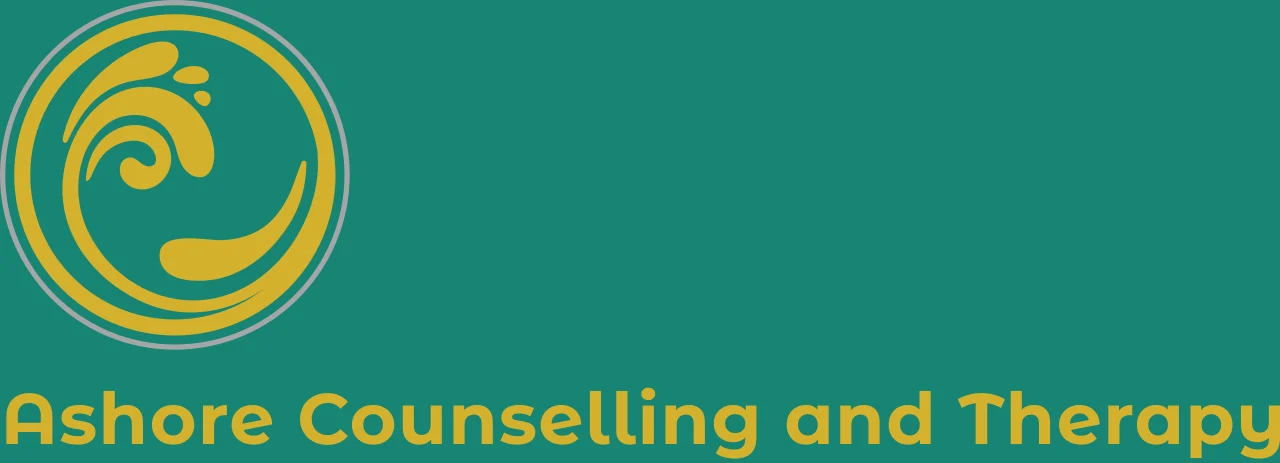This week marks Invisible Disabilities Week — a time to recognise and honour the millions of people living with conditions that can’t be seen but are deeply felt.
For me, this isn’t just an awareness day — it’s personal. I live with a brain tumour and have been through cancer. I know what it’s like to live in a body that doesn’t always do what you want it to. I know what it’s like to appear “fine” on the outside while quietly navigating fatigue, pain, memory lapses, and fear on the inside.
The Reality of a Hidden Disability
We often hear organisations describe themselves as “accessible.” But so often, accessibility means there’s a wheelchair ramp tucked away at the back — rather than an understanding that accessibility is different for everyone. We are individuals.
Hidden disabilities can take many forms: chronic fatigue, neurological conditions, brain injuries, mental health challenges, the after-effects of treatment, and more. These aren’t always visible, but they shape every moment of daily life.
We live in a world that tends to value productivity, energy, and “normality.” But what does “normal” even mean? Society often expects us to conform, to fit into boxes, to keep up. And for those living with hidden disabilities, that pressure can feel suffocating.
The Emotional Weight of Being Invisible
Having a hidden disability can be lonely. Friends might try to understand — but it’s hard for anyone to truly grasp what it’s like when your energy suddenly runs out, or your brain fogs over mid-conversation.
You might cancel plans, not because you don’t want to go, but because your body simply won’t let you. You might hesitate to use a blue badge or accessible toilet, worried about judgmental looks because “you don’t look disabled.”
The truth is, no one asks for this. No one chooses to live with a body that can fluctuate from hour to hour. Yet, you might still find yourself feeling guilty, ashamed, or undeserving of support.
And in a political climate that can make people with disabilities feel like a “burden,” it’s easy to internalise those messages — even when they couldn’t be further from the truth.
The Hidden Impact on Mental Health
Living with a disability — especially one others can’t see — can take a real toll on your mental health. Anxiety, depression, frustration, grief, and guilt can all weave their way into daily life.
Relationships can change too. Friends may drift away when plans are cancelled one too many times. Parenting can bring extra layers of guilt when fatigue means you can’t always be as active or spontaneous as you’d like.
Your day might start off fine and then, suddenly, you hit a wall. It’s unpredictable. It’s exhausting. And it’s deeply emotional.
You Deserve Compassion — Especially From Yourself
It can be so easy to turn that frustration inward — to feel like you “should” be coping better. But you don’t need to prove your worth. You are already doing enough.
You deserve compassion. You deserve rest. You deserve to be seen.
No one else lives in your body. No one else truly understands what you carry each day. But that doesn’t mean you have to carry it alone.
How Counselling Can Help
As a counsellor and therapist, and as someone who personally lives with a hidden disability, I know how powerful it can be to talk about the reality behind the mask.
Counselling can offer a safe, non-judgmental space to:
- Explore feelings of frustration, guilt, and grief.
- Learn to listen to your body’s limits with compassion.
- Process anxiety, depression, or isolation.
- Rebuild confidence and a sense of identity.
- Develop ways to communicate your needs without shame.
You don’t have to “push through” all the time. Therapy can help you find ways to live with — not against — your body and your emotions.
You are not invisible. You are not a burden. You are worthy of compassion, understanding, and rest.
If you’re living with a hidden disability and finding it hard to cope emotionally, counselling can help. It’s a space to feel seen and supported — exactly as you are.
📩 Get in touch with me if you’d like to arrange a chat or counselling session.
Because you don’t have to do this alone. You deserve to be seen, heard, and supported.
